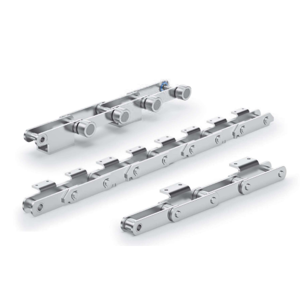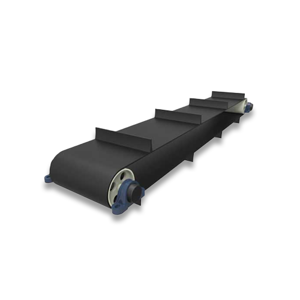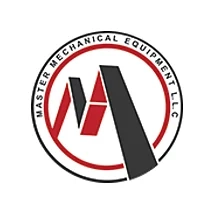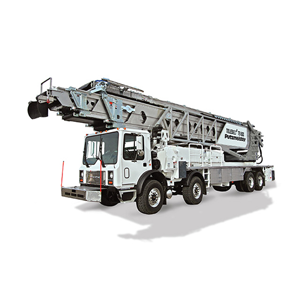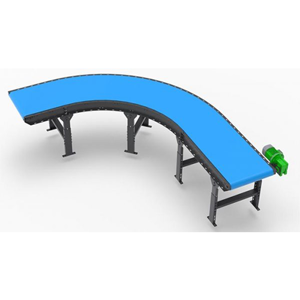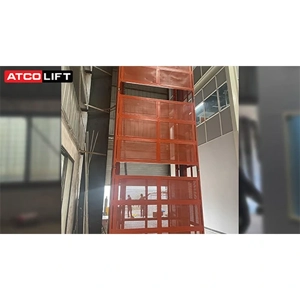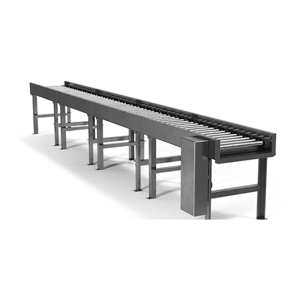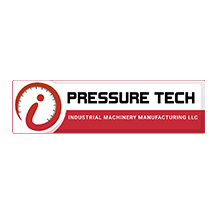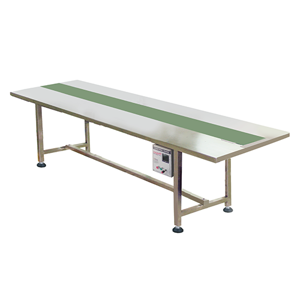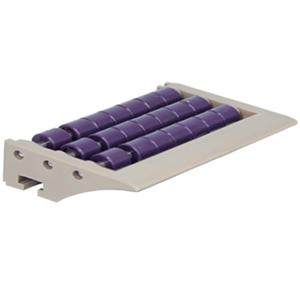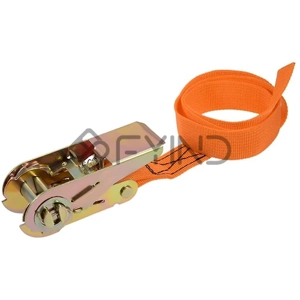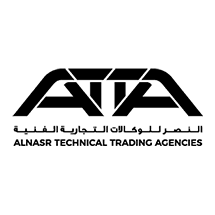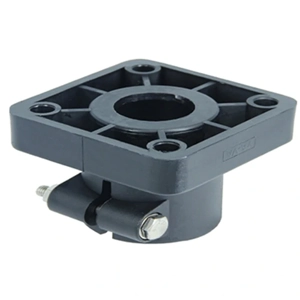Conveyor systems are common equipment used to move goods from one storage place to another. Conveyors are often used to move things that are big or bulky.
Conveyor systems are used a lot in the material handling and packaging industries because they can move a wide range of goods quickly and efficiently.
Checkout lanes are used often in businesses, and you can also find them in food stores and airports. Different businesses have different needs, so there are many ways to move things.
There are also chain conveyors on the ground and the roof. There are a lot of different kinds of chain conveyors, and each has pros and cons.
Mining, automobile, agricultural, computer, electrical, food processing, aerospace, pharmaceutical, chemical, bottling and canning, print finishing, and packaging are just some of the many industries that use conveyor systems.
Food goods like beans and nuts, bottles and cans, automobile parts, scrap metal, medications and powders, wood and furniture, grain, and animal feed, are among the most frequently transported materials.
Properly selecting a conveyor system depends on a wide variety of parameters. Understanding the intended function of the conveyor system is crucial.
Conveyor operations are all important considerations, including transport, accumulation, sorting, the sizes, weights, and forms of materials, and the locations of loading and pickup points.
1. What functions do conveyors perform?
Ans: Conveyors are utilized to transport goods throughout a factory or warehouse. They are widely used in industrial contexts such as factories, warehouses, and distribution centers.
2. How many unique conveyor designs are there?
Ans: There are numerous types of conveyors, including belt conveyors, roller conveyors, gravity conveyors, and overhead conveyors. The facility's needs will determine the finest conveyor design.
3. What factors should I consider when selecting a conveyor system?
Ans: When selecting a conveyor system, the required speed, throughput, and the type and weight of the products being conveyed should be considered.
4. Do conveyors require routine maintenance?
Ans: Routine maintenance is required to maintain conveyors in good working condition. Maintaining a conveyor entails cleaning and lubricating it, inspecting its belts and rollers for signs of deterioration, and ensuring that its motors and drives are operational.
5. Can conveyors be altered to suit unique requirements?
Ans: Conveyors can be modified to meet the needs of a particular business. Adjusting the conveyor's speed, the belt material, and auxiliary components such as diverters and sensors may be necessary.
Popular Categories
Popular Categories

